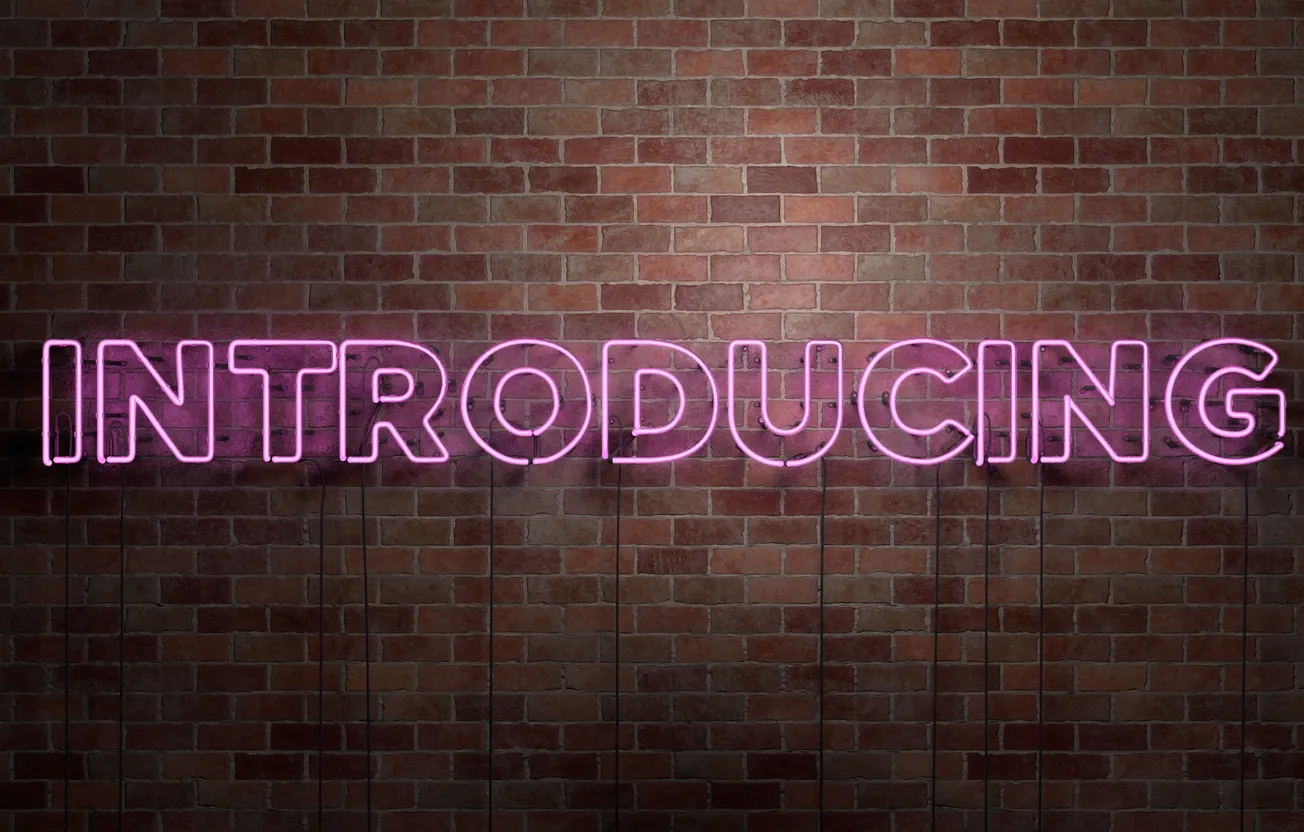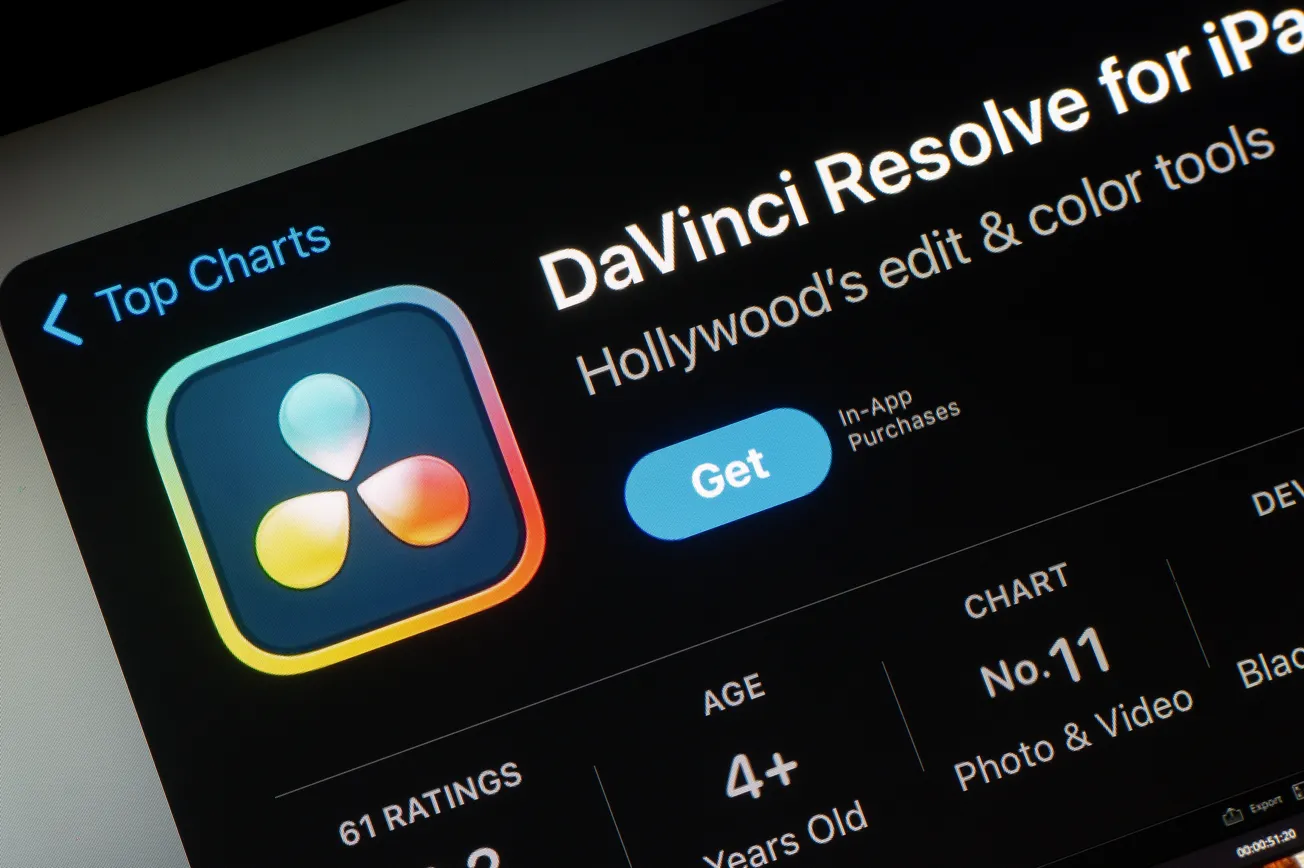In 2024, Spotify finally reached full-year profitability in 2024, according to the company's fourth-quarter financial releases.
The company’s financial performance was strong, with monthly active users growing by 12% year-over-year to 675 million, total revenue increasing by 16% to €4.2 billion, and an operating income of €477 million.
This success stands in stark contrast to previous years, where Spotify’s aggressive investments in podcasting, including high-profile acquisitions and exclusive licensing deals, had yet to yield consistent profitability.
Spotify’s ability to turn a profit signals a broader shift in the podcasting industry, where major players have struggled to balance content investments with monetization.
How Major Media Companies Are Faring in Podcasting
While Spotify has begun reaping the benefits of its podcasting strategy, other media giants—such as Apple, iHeartMedia, and Pandora—have encountered mixed results in their efforts to leverage podcasting within their business models.
While Spotify has achieved profitability, other major podcast platforms have not seen the same level of success.
Apple Podcasts, a long-time leader in podcast distribution, has taken a more passive approach, relying on its marketplace model rather than direct content creation. While Apple remains an essential player in the industry, its lack of aggressive content acquisitions has allowed competitors like Spotify to seize market share.
iHeartMedia, one of the largest players in audio entertainment, has been a dominant force in podcasting, thanks to its vast radio network and acquisitions, such as Stuff Media in 2018. However, despite its large podcast audience, iHeart’s overall business has struggled. The company announced mass layoffs in late 2024, citing declining advertising revenue and higher operating costs, which have affected its ability to sustain podcast growth.
While iHeart has a strong listener base, its advertising-heavy revenue model has proven vulnerable to economic downturns.
Pandora, once a leader in digital radio, has struggled to remain relevant in the podcast space.
Acquired by SiriusXM in 2019, Pandora’s podcasting efforts have been overshadowed by the broader SiriusXM brand. Meanwhile, SiriusXM’s 2024 financial results showed a decline in subscriber numbers, forcing the company to reconsider its investments in podcasting.
The platform’s inability to integrate podcasts effectively with its existing audio offerings has limited its ability to compete with Spotify and Apple.
The Profitability Struggle for Smaller Podcast Companies
While major players have faced challenges, smaller podcasting companies have encountered even greater struggles in achieving profitability.
One of the most significant barriers is monetization. The democratized nature of podcast production has made it easy for independent creators to enter the market, but monetizing content remains difficult due to low audience numbers and limited advertising opportunities.
Market saturation has made discoverability an issue, with thousands of new podcasts launching every year, diluting audience attention.
Many smaller companies have also faced resource constraints, unable to invest in high-quality production and marketing necessary to scale their audiences. Additionally, advertising revenue—an essential income stream—has been concentrated among top-tier podcasts, making it difficult for smaller shows to attract major sponsors.
A notable example of a struggling small podcast venture is Disrupt Radio, a startup focused on entrepreneurial content.
The company ultimately abandoned its digital audio broadcasting strategy due to limited traction and financial sustainability.
Similarly, Caloroga Shark Media, which leveraged AI to mass-produce podcasts based on current events, faced backlash over content authenticity and audience engagement, proving that efficiency does not always equate to profitability.
Successful Mergers and Acquisitions in Podcasting
Despite challenges, strategic mergers and acquisitions have helped some companies solidify their positions in the industry.
One of the most successful deals was Spotify’s acquisition of Gimlet Media in 2019. By integrating Gimlet’s high-quality narrative podcasts into its exclusive content lineup, Spotify was able to attract a dedicated audience and drive premium subscriptions.
Another notable success story is Amazon’s acquisition of Wondery in 2021.
By incorporating Wondery’s content into Amazon Music, the company diversified its entertainment portfolio, enhancing its competitive standing against Apple and Spotify.
Unlike smaller podcast ventures that have struggled with monetization, these acquisitions succeeded because they aligned with the acquiring company’s broader business strategies and provided exclusive, high-quality content that could be monetized effectively.
The Rise of Video Podcasting: A Game Changer?
In recent years, the rise of video podcasting has reshaped the industry, offering both opportunities and challenges.
Platforms like YouTube have become major distribution channels for podcasts, allowing creators to expand their reach. By 2025, projections indicate that 60% of podcasts will be available in both audio and video formats, enabling content creators to engage with audiences in new ways.
For some genres, video podcasting has been a game changer. Comedy and talk-show-style podcasts, such as The Joe Rogan Experience, have thrived in video format, benefiting from the added visual element and audience interaction. Conversely, narrative and audio drama podcasts have faced difficulties transitioning to video, as their immersive audio storytelling is less suited to visual adaptation.
While video podcasting offers new monetization opportunities, it also introduces challenges.
Higher production costs, increased editing requirements, and dependence on platforms like YouTube have made the shift daunting for smaller creators. Additionally, podcasting's shift to video has put pressure on traditional audio platforms like Apple Podcasts and Pandora, which have been slower to integrate video capabilities.
The Future of Podcasting Profitability
While Spotify has finally achieved full-year profitability, competitors like Apple, iHeartMedia, and Pandora continue to face hurdles in making podcasting a sustainable part of their business.
As video podcasting continues to rise, companies will need to adapt their strategies to remain relevant in an evolving media landscape.
For smaller podcast creators, the challenges of audience growth, monetization, and production costs will persist, making it essential for them to innovate and explore alternative revenue streams beyond traditional advertising.










